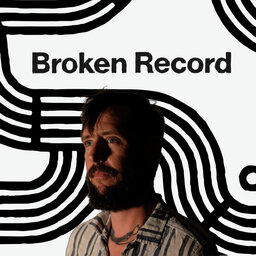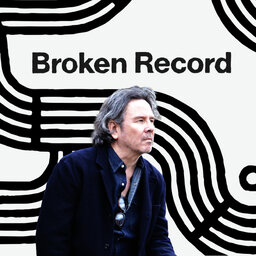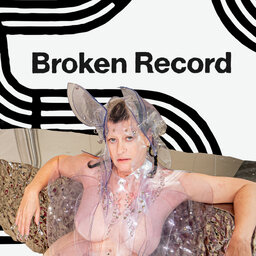Graham Nash, Part 1
At 81 years-old, Graham Nash describes his life as, “a magic story from beginning to end.” Graham’s career began in 1962 as a singer/songwriter in the British pop band The Hollies. After a string of hits in the UK, Graham left the Hollies, and moved to L.A. to start a band with the former Byrds vocalist, David Crosby, and Stephen Stills, whose band Buffalo Springfield had just broken up. From the start, Crosby Stills & Nash were dubbed a folk-rock supergroup, and they went on to become one of the era's most revered bands, thanks to their gorgeous three-part harmony and exquisite songwriting.
Following the death of David Crosby in January, Rick Rubin sat down with Graham Nash to talk about Graham’s deep love and admiration for Croz. On today’s episode we’ll hear the first part of Rick’s conversation with Graham, who reminisces about the day he met Crosby, who immediately rolled Graham the most perfect joint he’d ever seen. Graham also explains how it was actually Cass Elliot from the Mamas and the Papas who was responsible for bringing CSN together, and he recalls classic stories about Neil Young’s unpredictable early days in CSNY.
You can hear a playlist of some of our favorite Graham Nash songs HERE.
 Broken Record with Rick Rubin, Malcolm Gladwell, Bruce Headlam and Justin Richmond
Broken Record with Rick Rubin, Malcolm Gladwell, Bruce Headlam and Justin Richmond


